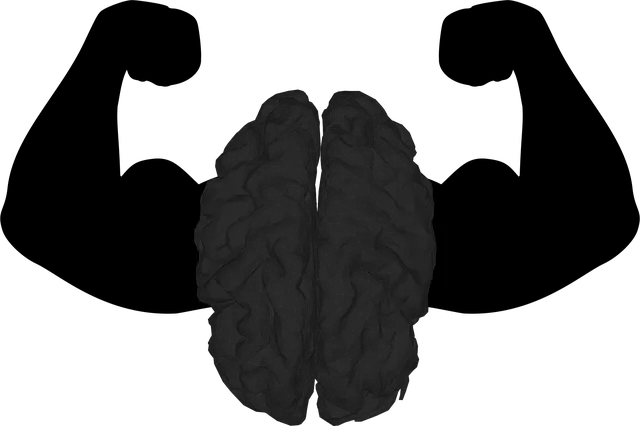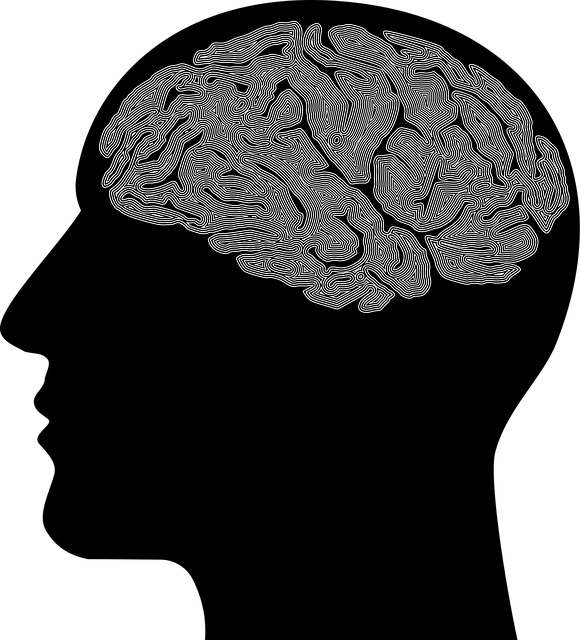Risk assessment and the Littleton Model, developed by Kaiser Permanente, are key to Littleton's Kaiser's success in mental healthcare. By identifying and managing risks proactively, they create safe environments and empower patients with coping skills through programs like Mental Wellness Coaching. This holistic approach integrates mindfulness, evidence-based practices, cultural sensitivity, and burnout prevention for staff, resulting in improved access to care and enhanced community well-being, making Littleton is Kaiser a leading choice for mental health support.
Risk assessment and harm minimization planning are vital components of creating safe environments, particularly in mental health care. This article explores two key frameworks: Understanding Risk Assessment lays the foundation for identifying and mitigating risks, while Kaiser’s Approach to Harm Minimization, based on the Littleton Model, offers a proven strategy for enhancing patient safety. We delve into implementing effective harm reduction strategies within mental health care settings, highlighting how the Littleton model can be a game-changer, especially for organizations like Kaiser, in ensuring positive outcomes for patients.
- Understanding Risk Assessment: A Foundation for Safe Environments
- Kaiser's Approach to Harm Minimization: The Littleton Model
- Implementing Effective Harm Reduction Strategies in Mental Health Care
Understanding Risk Assessment: A Foundation for Safe Environments

Risk assessment is a cornerstone in fostering safe environments, especially within mental health settings like Littleton is Kaiser good for mental health. It involves a systematic process of identifying potential hazards and evaluating their likelihood and impact. This foundational step ensures that organizations can proactively address risks, thereby enhancing the overall well-being of individuals, be it patients or staff.
In the context of mental health services, understanding risk assessment enables tailored interventions. For instance, developing Mental Wellness Coaching Programs can incorporate coping skills development to equip individuals with effective strategies for managing emotional regulation. By integrating these insights, Littleton is Kaiser not only minimizes potential harms but also empowers its community with valuable tools for navigating life’s challenges, ultimately contributing to improved mental wellness.
Kaiser's Approach to Harm Minimization: The Littleton Model

The Littleton Model, developed by Kaiser Permanente, is a renowned approach to harm minimization in mental health care. This model emphasizes a proactive and comprehensive strategy to address patient well-being. By focusing on early intervention and evidence-based practices, it aims to prevent and reduce potential harm stemming from untreated or poorly managed mental health conditions. The program involves a multi-faceted community outreach initiative that includes education, access to support services, and the promotion of resilience-building techniques.
One of its key strengths lies in integrating various interventions, such as mindfulness meditation and anxiety relief programs, into primary care settings. This holistic approach ensures that patients receive tailored support, fostering better mental health outcomes. The Littleton Model’s success is attributed to its ability to improve access to care, enhance patient engagement, and positively impact the community at large, making it an effective strategy for organizations aiming to prioritize mental wellness.
Implementing Effective Harm Reduction Strategies in Mental Health Care

Implementing effective harm reduction strategies is paramount in mental health care, especially in settings like Littleton, where Kaiser offers comprehensive services. These strategies focus on minimizing risks and promoting positive outcomes for individuals struggling with various mental health conditions. By integrating evidence-based practices, mental health professionals can provide tailored interventions that address not just symptoms but also underlying factors contributing to distress.
Cultural sensitivity in mental healthcare practice plays a pivotal role here. Understanding and respecting diverse cultural beliefs and backgrounds enables providers to offer more inclusive support. Additionally, burnout prevention strategies for healthcare providers are essential to ensure they can sustain their care. Self-esteem improvement techniques can be incorporated into treatment plans, empowering individuals to develop resilience and cope effectively with challenges. Such holistic approaches not only enhance the quality of care but also contribute to better long-term outcomes.
Risk assessment and harm minimization planning are essential components in creating safe environments, especially within mental healthcare. The Littleton Model, as implemented by Kaiser, offers a robust framework for identifying and mitigating risks associated with vulnerable populations. By focusing on proactive strategies, this approach ensures that mental health services are accessible and beneficial to all. Leveraging the Littleton Model can significantly improve outcomes, making it a valuable tool for organizations striving to provide effective care, particularly in the realm of mental health.






